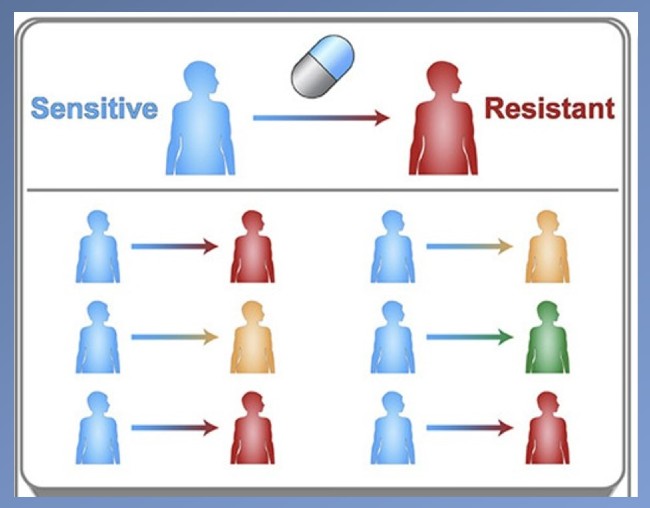The National Institutes of Health is offering up to $1 million in cash awards for innovative diagnostic technologies to help improve maternal health around the world in conjunction with the White House “day of action” on maternal health. The NIH Technology Accelerator Challenge (NTAC) for maternal health will seek to stimulate and reward the development of prototypes of low-cost molecular, cellular, and/or metabolic screening and diagnostic technologies at the point of care. The award competition is managed by the National Institute of Biomedical Imaging and Bioengineering (NIBIB), in partnership with the Bill & Melinda Gates Foundation and with support from the Eunice Kennedy Shriver National Institute of Child Health and Human Development and the NIH Office of Research on Women’s Health.
Pregnancy and childbirth complications are a major global health problem, causing the death of more than 800 women and 7,000 newborns every day. Hemorrhage, preeclampsia and bacterial infections account for more than 50% of global maternal mortality, and 94% of these deaths occur in low- and lower-middle-income countries. Contributing to high rates of maternal morbidity and mortality in low-resource settings is the lack of low-cost, point-of-care diagnostics capable of detecting and differentiating common conditions associated with pregnancy.
Prototype devices submitted to the competition should be able to guide rapid clinical decision-making, improve patient outcomes, and ultimately help prevent maternal morbidity and mortality. Device prototypes must be able to fully integrate with digital health platforms and be able to diagnose at least two pregnancy-associated conditions, including infections, hypertensive diseases, hemorrhages or placental problems.
“In responding to the COVID-19 pandemic, the bioengineering community demonstrated the speed with which new diagnostics can be implemented at the point of care,” said NIBIB Director Bruce Tromberg, Ph.D. “The field is now poised to offer solutions in many other areas of need, and maternal health is an especially urgent goal.”
Participants in NTAC for Maternal Health will compete for a first-place prize of up to $500,000, a second-place prize of up to $300,000, and a third-place prize of up to $150,000, with the possibility of additional prizes of $50,000 for semifinalists, as well as honorable mention recognition. Additionally, the Gates Foundation will separately review winners and honorees and consider them for follow-on support that may include grants and/or in-kind support in the form of consultations and partnerships for clinical data collection, software development, scale-up and manufacturing.
Submissions will be accepted from January 5, 2022 through April 22, 2022. Details on eligibility, rules, and how to register and participate can be found at the Challenge website.
###
About the National Institute of Biomedical Imaging and Bioengineering (NIBIB): NIBIB’s mission is to improve health by leading the development and accelerating the application of biomedical technologies. The Institute is committed to integrating engineering and physical sciences with biology and medicine to advance our understanding of diseases and their prevention, detection, diagnosis and treatment. NIBIB supports research and development of emerging technologies within its internal laboratories and through grants, collaborations and training. More information is available on the NIBIB website.
About the Eunice Kennedy Shriver National Institute of Child Health and Human Development (NICHD): NICHD leads research and training to understand human development, improve reproductive health, improve the lives of children and adolescents, and optimize the capabilities of all. For more information, visit https://www.nichd.nih.gov.
About the Office of Research on Women’s Health (ORWH): ORWH serves as the focal point for women’s health research at the NIH. It is the first Public Health Service office specifically dedicated to advancing women’s health research within and outside the NIH scientific community. The office also encourages the recruitment, retention, reentry and advancement of women in biomedical careers. For more information about ORWH, visit www.nih.gov/women
About the National Institutes of Health (NIH): The National Institutes of Health, the nation’s medical research agency, includes 27 institutes and centers and is a component of the U.S. Department of Health and Human Services. The NIH is the primary federal agency that conducts and supports basic, clinical, and translational medical research, and is investigating the causes, treatments, and cures of common and rare diseases. For more information about the NIH and its programs, visit the NIH website.



